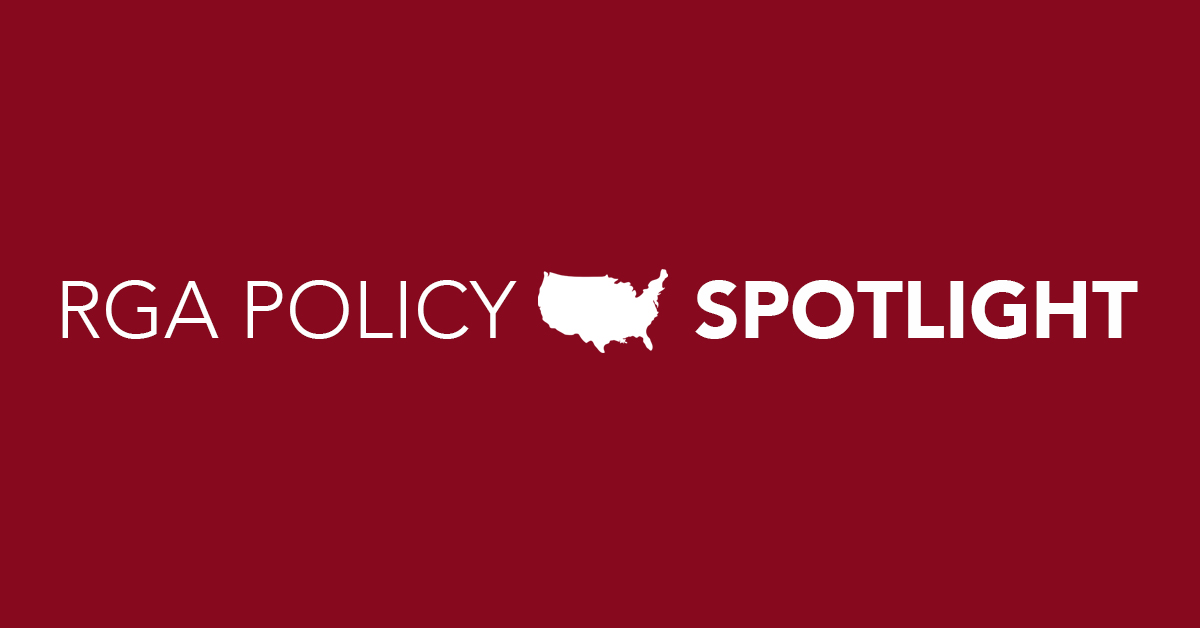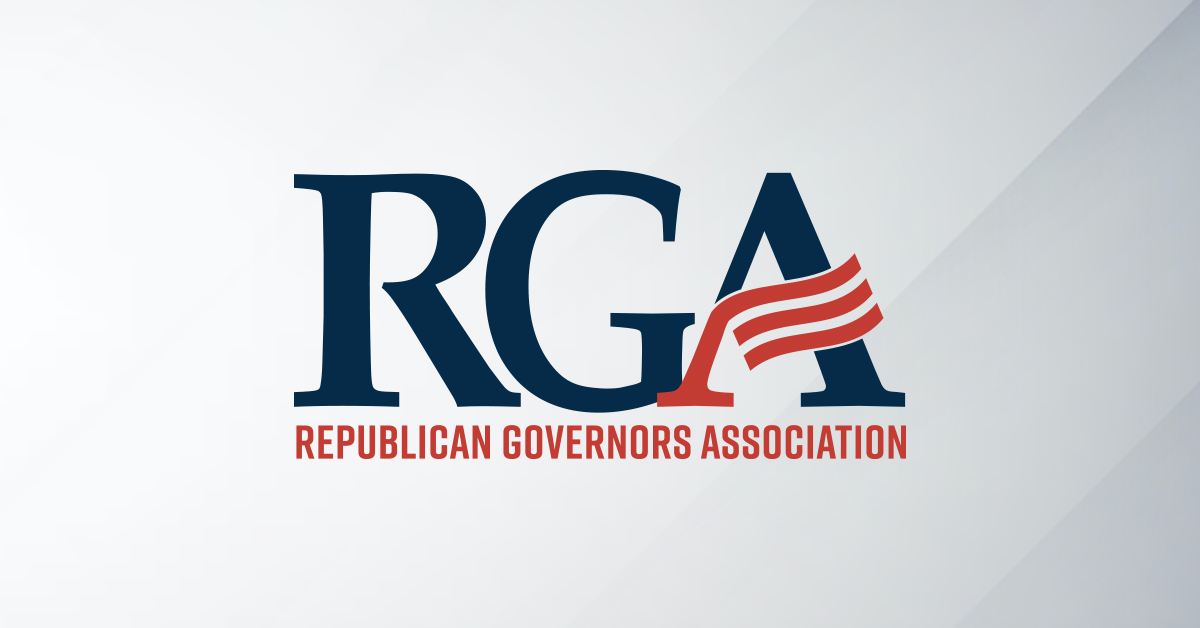
Each October, Americans across the country work to raise breast cancer awareness and support cancer-fighting tools including research, prevention efforts, and treatment.
The National Breast Cancer Foundation estimates that over 268,000 new cases of breast cancer will be diagnosed, and over 41,000 women will die as a result of breast cancer in 2019 alone. One in eight women will develop breast cancer over the course of her lifetime.
In the states, Republican governors have enacted policies and partnered with leading advocacy organizations to advance the fight against breast cancer. By spearheading policy initiatives, prioritizing funding, and expanding services, Republican governors are leading on this important issue.
In the past year alone, over a dozen Republican governors have enacted measures to help prevent and treat breast cancer, including expanding coverage for mammograms and other critical early detection technologies, as well as extending workers’ compensation and healthcare benefits to first responders battling breast cancer.
ARKANSAS:
- Governor Asa Hutchinson enacted legislation which declared health insurance coverage for mammograms “essential coverage.” The new law provides health insurance coverage for mammograms for women ages 35-40 and coverage for annual mammograms for women 40 and over.
GEORGIA:
- Governor Brian Kemp signed “Margie’s Law,” requiring mammography providers to inform patients if dense breast tissue was detected and suggest if an ultrasound or breast MRI should be considered.
KENTUCKY:
- Governor Matt Bevin signed legislation requiring mammography providers to report if dense breast tissue was detected on a patient’s mammogram report.
MARYLAND:
- Governor Larry Hogan extended workers’ compensation protections for first responders to include protections for those suffering from various types of cancer, including breast cancer.
MASSACHUSETTS:
- Governor Charlie Baker created a paid leave system in which firefighters who are unable to work due to certain forms of cancer, including breast cancer, receive full pay while battling the illness.
MISSISSIPPI:
- Governor Phil Bryant signed legislation in 2016 to require mammogram providers to inform patients in writing if dense breast tissue was detected.
NEW HAMPSHIRE:
- Governor Chris Sununu signed legislation to provide healthcare benefits to firefighters diagnosed with cancer to cover treatment. The legislation signed by the governor was inspired by the deaths of two firefighters from cancer, including one who was diagnosed with breast cancer.
OHIO:
- Governor Mike DeWine increased funding for the Ohio Breast and Cervical Cancer Projects (BCCP) by $350,000 in his last budget and expanded eligibility access to the program to include more Ohioans.
OKLAHOMA:
- Governor Kevin Stitt signed “Nancy’s Law,” requiring mammography providers to inform patients about their breast density; providers must also inform patients of additional testing options should an individual have dense breast tissue.
SOUTH CAROLINA:
- Governor Henry McMaster enacted legislation which expands the scope of practice for physician assistants; physician assistants can now order diagnostic, therapeutic, and other medical services under a supervising physician. In places where there are doctor shortages, a physician assistant can order additional testing, which could be critical in the early detection of breast cancer.
SOUTH DAKOTA:
- Governor Kristi Noem signed legislation mandating all mammography providers to inform patients of their breast density following a mammogram.
TEXAS:
- Governor Greg Abbott signed legislation requiring commercial insurance providers to cover 3-D mammography.
UTAH:
- Governor Gary Herbert signed legislation requiring mammography providers to inform patients if they have dense breast tissue.
VERMONT:
- Governor Phil Scott enacted legislation to require health insurance plans to cover screening mammograms, ultrasounds, and call back screenings.




See the latest videos from RGA
Watch our videosThe numbers say it all. New Hampshire can’t afford to become @maura_healey's Massachusetts.
NEW: Eleven economic development projects in Ohio are expected to create 1,025 new jobs statewide.
Details: https://bit.ly/3J1ZYDO
Follow RGA on Twitter
Follow RGA on Facebook